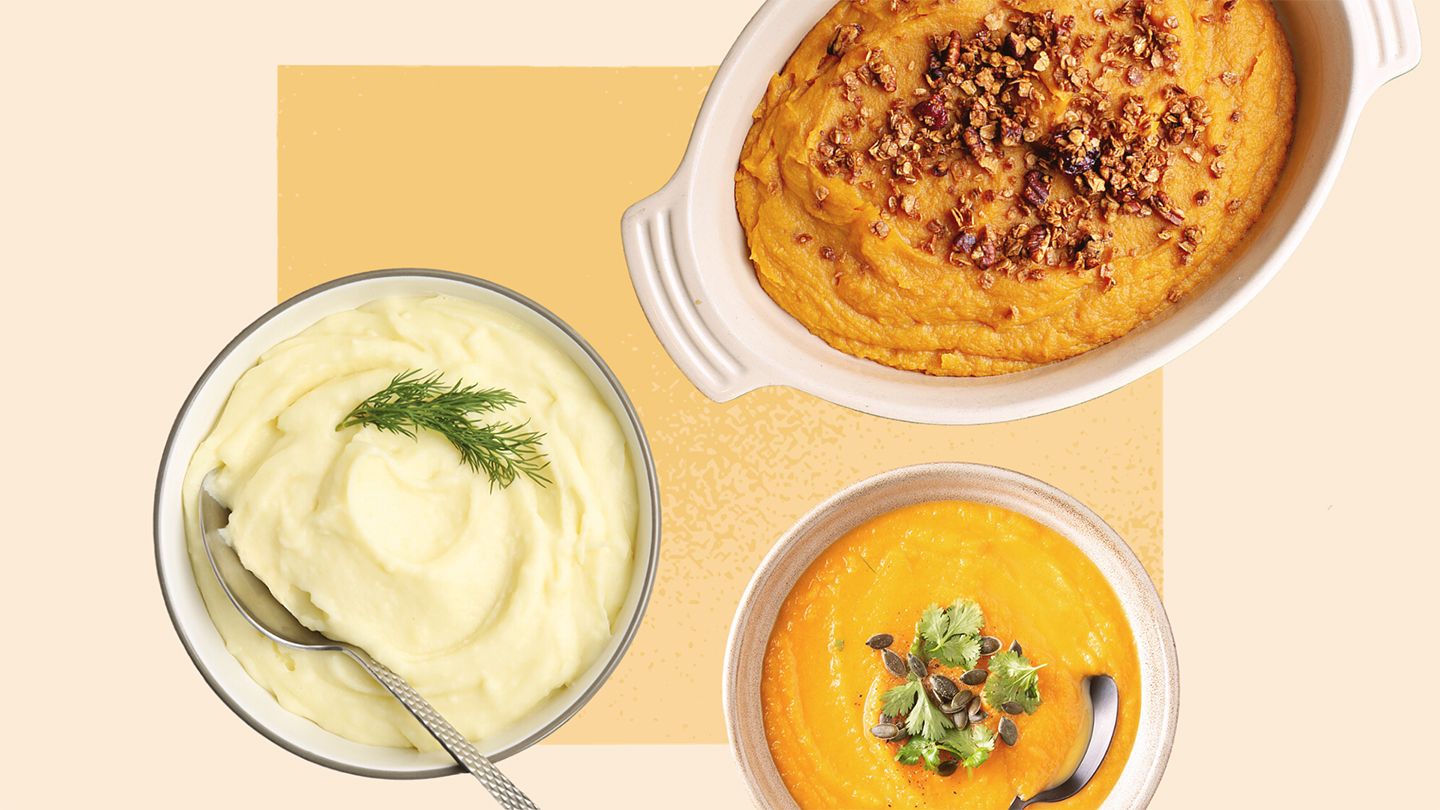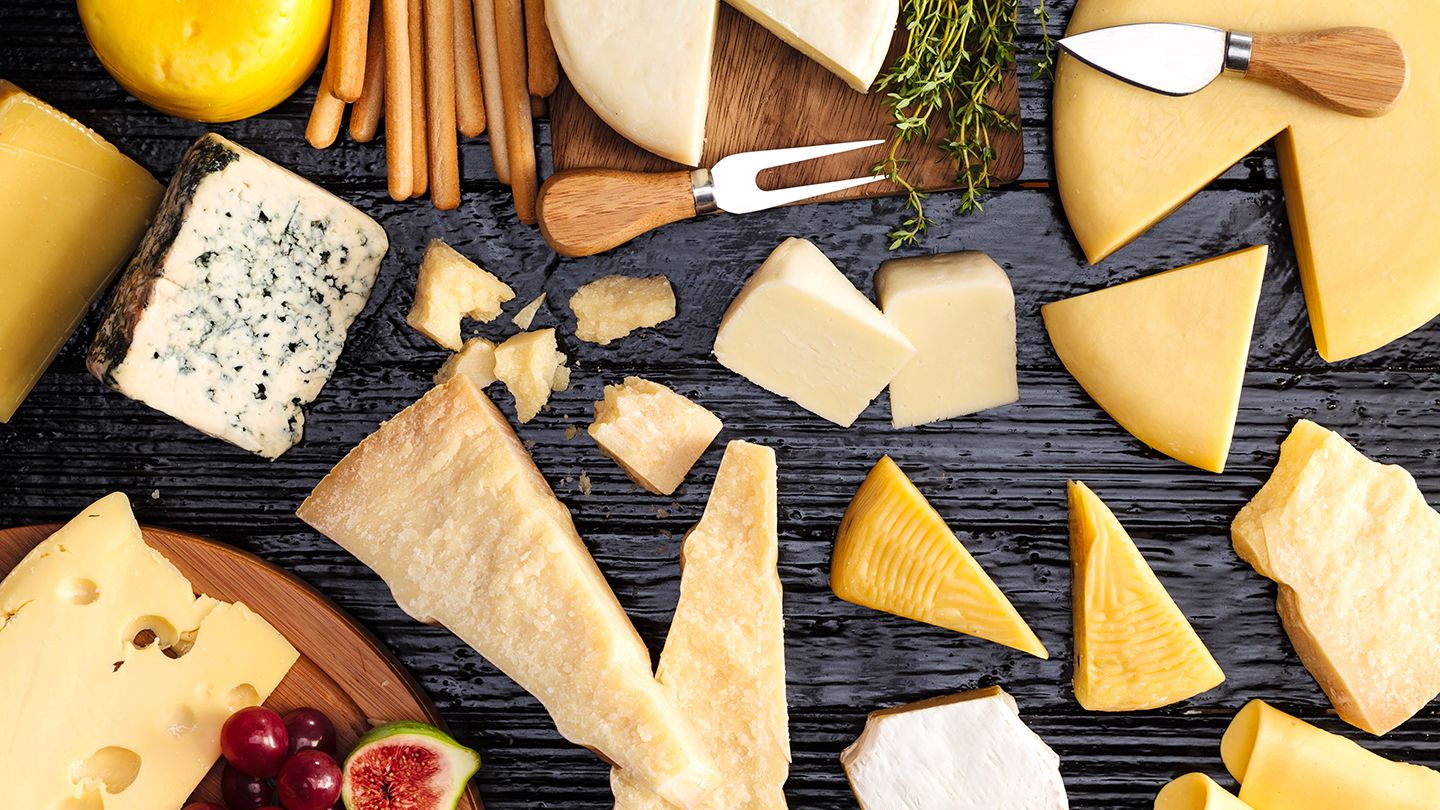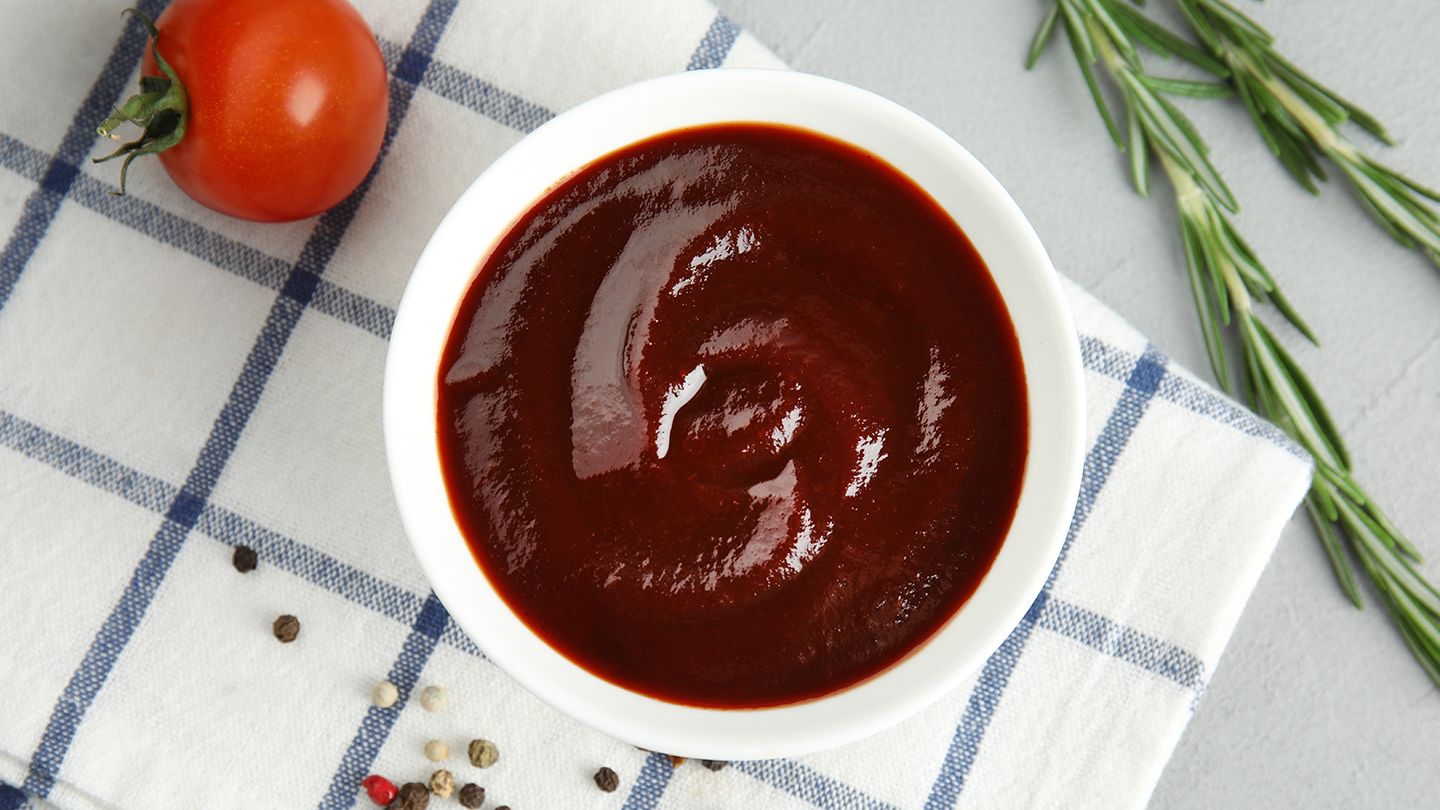How Many Carbohydrates are in Corn on the Cob?
Corn on the cob is a classic summer treat that many people look forward to when corn is in season. With its sweet flavor and juicy kernels, it's easy to devour corn on the cob without thinking about the carb content. However, if you're following a low-carb or ketogenic diet, you may be wondering exactly how many carbohydrates are in corn on the cob and whether it fits into your meal plan.
In this article, we'll take a look at the carb count in corn on the cob, whether you can eat it on a keto diet, and how to incorporate corn into a low-carb lifestyle if you want to enjoy it occasionally without kicking yourself out of ketosis.
Nutritional Profile of Corn on the Cob
At its most basic level, corn is a starchy vegetable high in carbohydrates. A typical ear of corn on the cob contains around 100 grams of kernels. Here is the nutritional breakdown for 100 grams of corn kernels:
- Calories: 86
- Total Carbohydrates: 21 grams
- Dietary Fiber: 2.4 grams
- Sugars: 3.4 grams
- Protein: 3.4 grams
- Fat: 1.5 grams
As you can see, a 100 gram serving of corn kernels contains 21 grams of total carbohydrates. However, it also provides 2.4 grams of fiber. When looking at net carbs, you subtract the fiber since it does not impact blood sugar levels like other carbs.
So the total net carbs in 100 grams of corn kernels is 18.6 grams.
Net Carbs in Corn on the Cob
When eating corn on the cob, you typically consume more than just the kernels. The cob itself also contains some carbohydrates.
Here is the carb count for a medium-sized ear of corn on the cob (about 6-7 inches long):
- Total Carbohydrates: 25 grams
- Fiber: 2.5 grams
- Net Carbs: 22.5 grams
As you can see, while an ear of corn has a bit more fiber than just the kernels alone, it still contains over 20 grams of net carbs. That's quite high, considering that standard keto macros call for around 25-50 grams of total carbs per day.
Can You Eat Corn on Keto?
Given the high carb count, corn is generally avoided on a strict keto diet. Eating a whole ear of corn in one sitting could easily use up your carb allowance for an entire day.
However, some people following keto long-term move to a version called "lazy keto", where they are not tracking macros as religiously. In that case, having corn occasionally in moderate portions may be possible without knocking you totally out of ketosis.
It's best to consider corn an occasional treat food rather than a keto staple. Limiting your portion to about 1/2 an ear of corn at a time could fit into a lazy keto approach for some people when combined with very low carb eating for the rest of the day.
Tips for Incorporating Corn on Keto
If you really love corn on the cob and want to find a way to enjoy it on keto, here are some tips:
- Stick to a smaller portion - 1/2 an ear of corn or less
- Combine it with high fat foods like butter to help mitigate the carb impact
- Avoid eating other high carb foods during the same day
- Save corn for occasional, planned treat meals rather than a regular side
- Focus the rest of your meals on low-carb foods like meat, eggs, non-starchy veggies, etc
- Consider cooking techniques that remove some carbs like grilling corn in the husk
With the right portion size and low carb eating for your other meals, corn on the cob can be enjoyed even if you are sticking to keto most of the time.
Health Benefits of Corn
Despite being high in carbs, corn does actually offer some health benefits. Here are some of the ways corn can be good for you:
Rich in Antioxidants
Corn contains beneficial plant compounds like lutein and zeaxanthin. These are powerful antioxidants that may help reduce oxidative stress and lower risk of certain diseases.
Good Source of Fiber
The fiber content of corn provides digestion benefits. Fiber helps promote regularity and gut health. The fiber in corn may also help you feel fuller after eating it.
Contains Essential Vitamins and Minerals
Corn provides a range of important micronutrients. Some of the vitamins and minerals in corn include:
- Vitamin B6
- Thiamin
- Folate
- Magnesium
- Zinc
- Copper
- Manganese
These nutrients play key roles in energy production, DNA synthesis, immune function, and more.
High in Phytochemicals
In addition to antioxidants, corn contains beneficial plant compounds like ferulic acid, beta-carotene, and anthocyanins. These may help reduce inflammation and offer protection against disease.
Low in Fat
Corn is naturally low in fat, especially saturated fat. Diets low in saturated fat may help improve cholesterol levels and reduce heart disease risk.
Downsides of Eating Corn
Despite the potential health benefits above, there are some downsides to keep in mind if corn is a regular part of your diet:
High Glycemic Index
The glycemic index measures how quickly foods raise blood sugar. Corn has a high glycemic index, meaning it can lead to spikes and crashes in blood sugar after eating it.
May Contribute to Weight Gain
With the high carb and sugar content, overdoing corn can lead to extra calories and make weight control more difficult. Portion control is key.
Often Genetically Modified
In the U.S., a large percentage of corn is genetically modified. Some prefer to avoid GMOs due to limited long term safety data.
Can Cause Digestive Issues
Since corn has a fibrous outer layer, some people experience digestive problems like bloating or loose stools when eating it. Proper cooking and chewing helps.
Low in Protein
With only about 3 grams of protein per serving, corn is not a great source of this important macronutrient compared to other options.
Healthier Ways to Enjoy Corn
If you want to incorporate corn into your diet in a healthier manner, here are some tips:
Opt for Sweet Corn
Sweet corn has a lower glycemic index compared to other varieties. It also tends to be lower in carbs than field corn.
Portion Control
Be mindful of portion sizes, sticking to 1/2 an ear or less at a time. Measure out a serving to be precise.
Avoid Adding Fats
Skip high calorie fats and oils when preparing corn. Instead, use herbs, spices, lemon, or hot sauce to boost flavor.
Grill or Roast
Grilling corn in the husk or roasting it can bring out sweetness while using less added fat or calories.
Pair with Protein and Healthy Fats
Eat corn alongside eggs, fish, poultry, or other protein sources along with healthy fats like avocado or nuts.
Watch Overall Carb Intake
If eating higher carb corn, reduce other carb-heavy foods the rest of the day like grains, starchy veggies, or sweets.
Creative Ways to Eat Corn Off the Cob
In addition to eating corn on the cob, there are many fun ways to incorporate it into recipes:
Corn Salsa
Add corn, tomatoes, onion, cilantro, lime, jalapeno for a fresh salsa dip or topper for tacos.
Corn Chowder
Puree corn with sauteed aromatics and broth for a tasty corn soup.
Corn Fritters
Make corn fritters by mixing milk or egg into mashed corn, then frying spoonfuls into patties.
Corn Salad
Combine corn kernels with chopped veggies, fresh herbs, feta or cotija cheese for a salad.
Corn Tacos
Add corn as a topping for tacos with avocado, onion, cilantro for flavor and richness.
Polenta
Cook cornmeal into creamy soft or firm polenta. Top with sauteed mushrooms or tomato sauce.
Popcorn
Pop plain kernels on the stovetop with a bit of olive oil and sprinkle with nutritional yeast for a snack.
Key Takeaways
An ear of corn on the cob contains around 22-25 grams of net carbohydrates, making it too high in carbs for strict keto but potentially suitable for lazy or moderate keto diets in smaller portions. While high in carbs and sugar, corn does offer some beneficial nutrients like antioxidants, fiber, vitamins, and minerals. Still, overdoing corn can lead to digestive issues, weight gain, and blood sugar spikes in some individuals. Focus on good portion control, enjoy corn occasionally along with other low carb foods, and experiment with creative corn recipes to maximize benefits while minimizing drawbacks.
FAQs
How many total carbs are in an ear of corn on the cob?
A medium sized ear of corn on the cob contains around 25 grams of total carbohydrates.
What are the net carbs in corn after subtracting fiber?
With around 2.5 grams of fiber per ear of corn, the net carb count comes to approximately 22-23 grams.
Can you eat corn on the keto diet?
Corn is generally avoided on strict keto due to the high carb count, but smaller portions may be accommodated occasionally on more flexible low carb diets.
Is corn healthy?
Yes, corn provides beneficial antioxidants, vitamins, minerals, and fiber. However, it is high in carbs and sugar so portion control is important.
What are some good ways to incorporate corn in a low carb diet?
Opt for smaller portions, combine with protein and healthy fats, reduce other carbs, and experiment with grilled or roasted corn or creative corn recipes.
Disclaimer: This article is for informational purposes only and does not constitute medical advice. Always consult with a healthcare professional before starting any new treatment regimen.
Related Coverage
Indulge your sweet tooth this Thanksgiving with delicious keto dessert recipes like pumpkin pie, chocolate cheesecake, pecan bars and more low carb holiday treats....
Learn about the carb counts in different types of cheese to help you meet your keto diet goals. Discover the best low-carb and high-carb cheese varieties....
El maíz tiene muchos carbohidratos, así que por lo general no es keto-compatible. Pero el maíz congelado, enlatado y harinas de maíz procesadas pueden caber ocasionalmente en la dieta....
Learn how olive oil's anti-inflammatory compounds help prevent and heal painful stomach ulcers. Discover optimal foods and recipes for an anti-ulcer diet....
Reduced fat Monterey Jack retains the mild, creamy flavor of regular Monterey Jack but contains less fat, calories and cholesterol. Learn how it compares nutritionally and tips for cooking....
Get the scoop on the carb count, nutrients, and health benefits of Colby Jack cheese. Learn how to incorporate this keto-friendly cheese into your low-carb diet....
A detailed look at the carb and sugar content of different Vitaminwater flavors. Covers how Vitaminwater fits into a low carb or keto diet and comparisons to Vitaminwater Zero....
Enjoy the flavors of barbecue without the carbs! Here are recipes for making your own easy, keto-friendly low carb BBQ sauces to use on meats, veggies, in dressings, and more....
Get tips for picking the best low protein cheeses like cottage cheese, cream cheese, mozzarella and more. Learn to make delicious low protein cheese recipes....
Wegmans makes high quality cottage cheese with impressive nutrition stats. Learn about the varieties, taste, and how to creatively use it in dips, baking and more....









